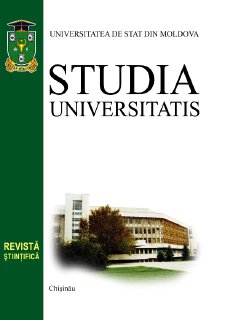THE KNOWLEDGE ECONOMY AND THE GLOBAL TRENDS IN THE 21 st CENTURY
Chaya R. JAIN Virginia State University
Abstract
Two defining occurrences of the 21st Century, the weakened global economy and continuous advancements in technology, have generated renewed interest to search for innovative channels of knowledge transfer in creating and sustaining economic growth. Since knowledge along with raw materials, labor and capital is a crucial element for economic growth, this paper focuses on key elements of knowledge economy and its corollaries. Exploring select knowledge economy perspectives, this discussion examines international indicators of the knowledge economy as well as trends that constitute the contemporary knowledge framework; including, the world‟s academic bases and university-industry collaborations, knowledge competency, knowledge requisites and policy governance. A review of the complex institutional landscapes and challenges suggests that the creation, development, and dissemination of innovation are critical for engagement and collaboration among various stakeholders including government, academia, industry, community, businesses, and others. The purpose is to understand the processes involving multi-actor engagement to help enhance the transfer of knowledge for sustained economic growth and help develop conscious policy decisions. Keywords: knowledge transfer, knowledge economy, sustained economic growth.


